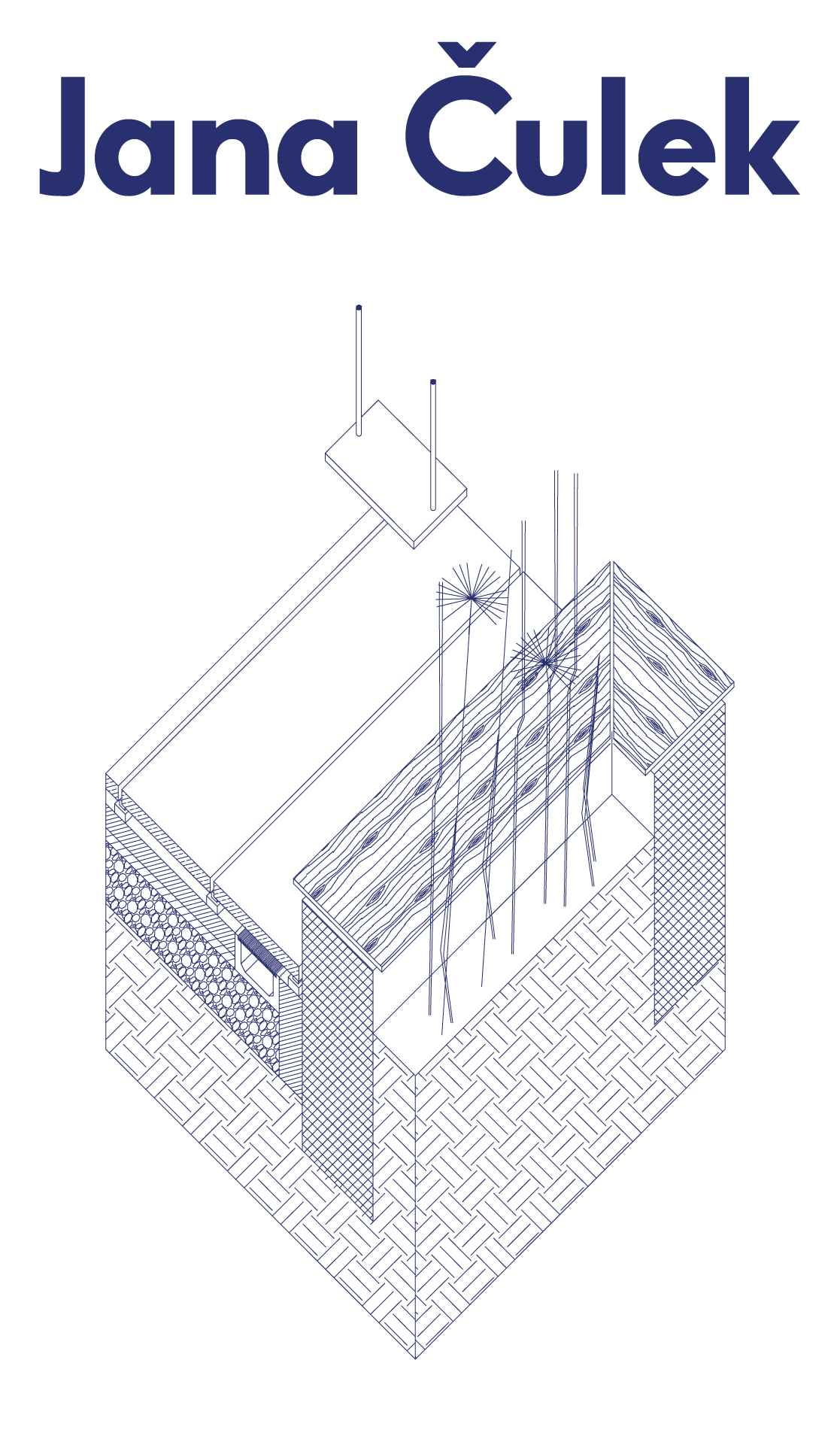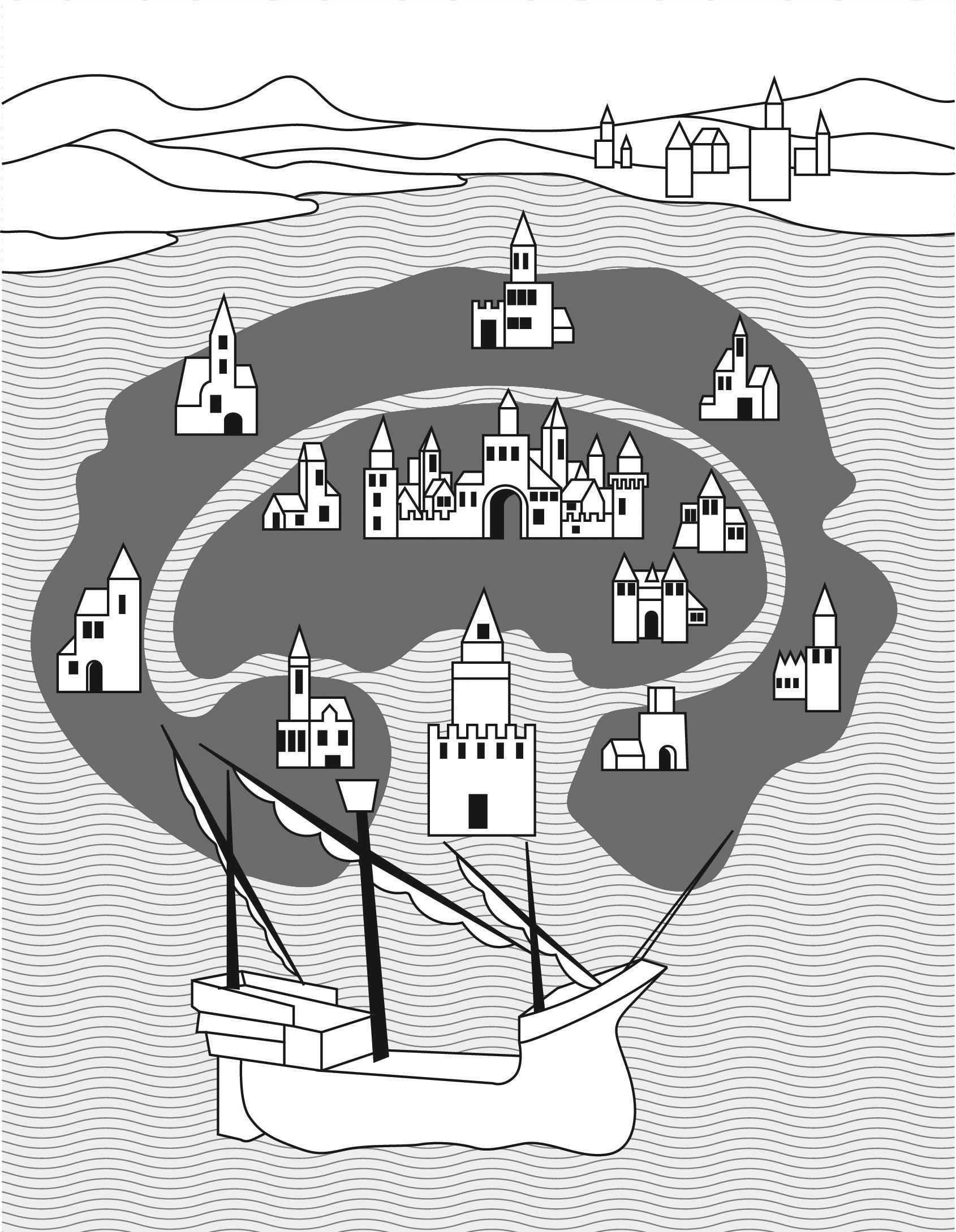I had the honour of being invited to contribute to the Women Writing Architecture platform’s Glossary, defining the notion of “Utopia”. With the contribution I had an opportunity to add to a growing repository of concepts and notions (re)defined by various collaborators of the platform. My input was as follows and is published on the website:
“Utopia as a concept is more than 500 years old and its meaning and perception has changed over time. Today it is often perceived as a dirty word which brings with it various negative connotations, especially in the architectural discourse. Various sub-categories of utopia have also developed in the last century – dystopia, anti-utopia, ecotopia, etc. – each supposedly using a different method of creating a world different than our own. But if we look not only at the end results utopias propose, and rather the methods through which they construct alternate realities, we notice that the processes behind all of utopias sub-genres are often similar, if not the same. Utopia should be seen not as a whimsical and unrealistic proposal of a world beyond our reach, but rather as an introspective and often satirical critique of the context within which it was created. All utopias (be it dys/anti/eco or otherwise) are envisioned as a response to a set of specific historical conditions: their forms, narratives, cities, and societies are always a mirror image of our own.”

